Surgical procedures
|
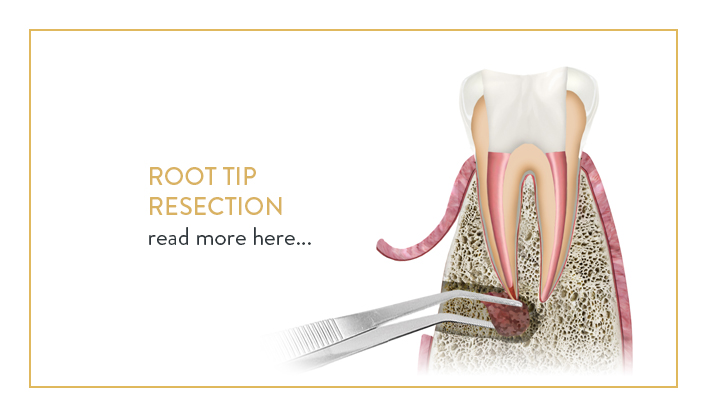 |
|
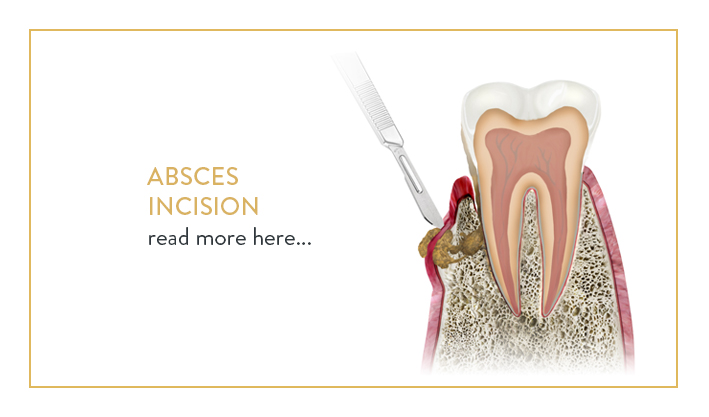 |
|
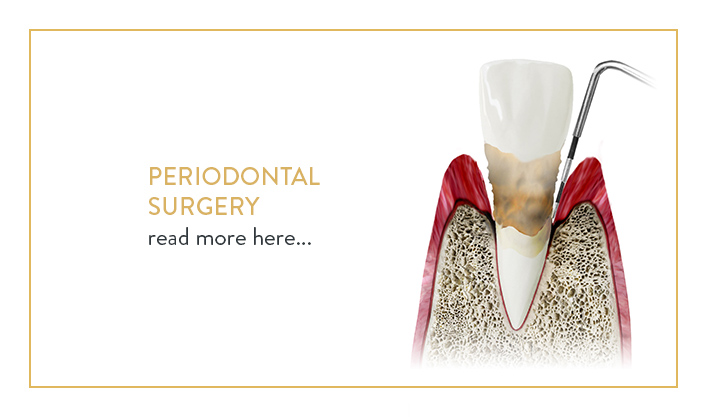 |
|
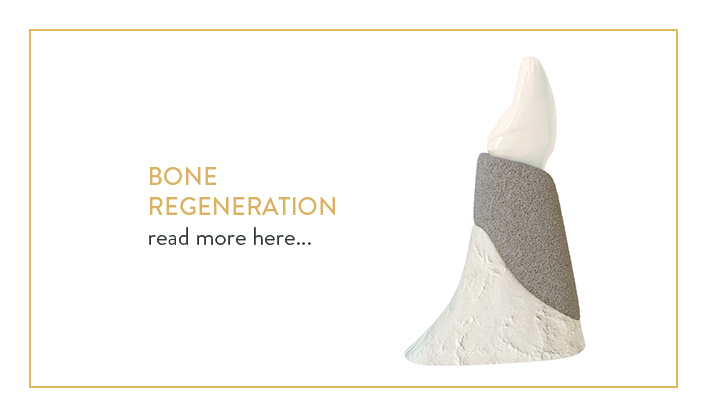 |
|
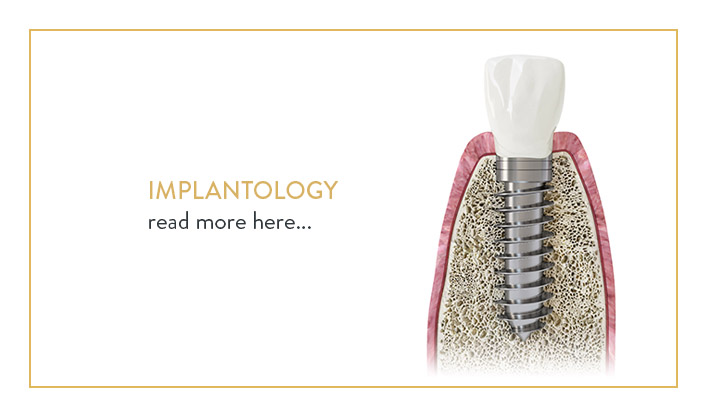 |
|
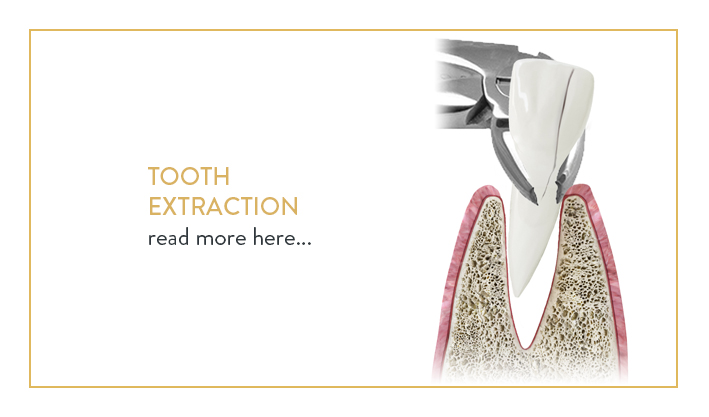 |
|
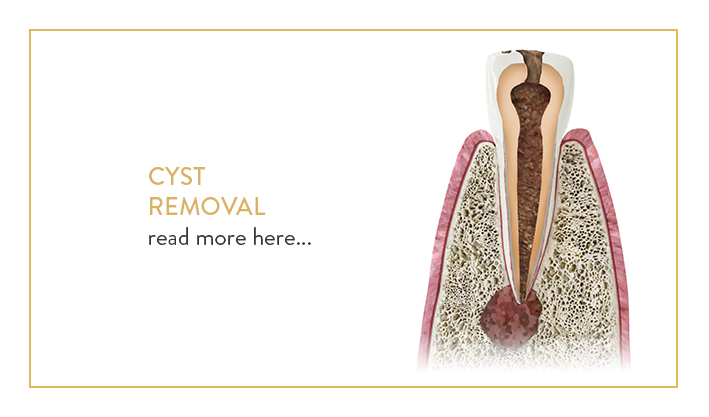 |
Modern dental surgery
Modern dental surgery is about more than just extracting teeth. This field of dentistry currently offers a whole range of other treatments that prepare the patient for prosthetic restorations (pre-prosthetic surgery) or improve the aesthetics of their smile (periodontal surgery).
It is also possible to carry out simple procedures that can quickly and effectively improve the aesthetics of a smile, e.g. correction of the gum line or reduction of a gummy smile, and thus positively affect patients’ well-being and improve their quality of life.
Dental surgery should no longer be associated with pain, because technological development is making treatment more and more comfortable. Progress in this area has also made possible treatments that were unavailable only a few years before, such as bone reconstruction or the introduction of implants.
Recommendations
After treatment patients should strictly follow the instructions of the dental surgeon:
- bite a sterile swab for 30 minutes after the procedure
- regularly take medicines prescribed by your doctor
- cool the mouth using a wound compress, sucking ice cubes and drinking cold drinks
- take care for oral hygiene
- use a very soft toothbrush for the first week
- use the recommended antiseptic fluid
- inform the surgeon about any disturbing symptoms
- remember about regular check-up visits
After surgical procedures, you must not:
- drink hot and carbonated beverages on the day of the procedure
- smoke for 48 hours
- drink alcohol for 5 days (until the end of antibiotic use)
- eat for 2 hours after the procedure
- eat hot, spicy or pungent dishes for 2 days after the procedure
- do physical exercise for 7 days after the procedure
- get too hot (use a sauna, solarium, etc.)
Frequently asked questions
Why should one avoid mouth rinsing for 48 hours after tooth extraction?
The most important thing is not to rinse your teeth vigorously, because this can accidentally remove the natural dressing, or clot, that forms over the wound. Dislodging the clot often leads to so-called dry socket, which causes intense pain due to the inflammation of nerve endings located in the alveolus.
How long does tooth extraction take?
It all depends on the specific case. As a rule, the extraction of molars takes longer than other teeth. Surgical extractions or extraction of impacted teeth also take longer, since they are more complicated procedures. Typically, tooth extraction lasts from 10 minutes (in uncomplicated cases) up to 60 minutes (cases of impacted teeth, teeth lying close to the nerves, etc.)
Can you expect pain after tooth extraction?
The procedure itself is completely painless, due to the applied anaesthesia. After its completion, it is possible to feel pain. If the pain is severe, it is recommended to take a painkiller available in the pharmacy. In the case of pain or discomfort that persists for a long time, please contact your doctor, because it may be due to complications such as a dry socket.
Is the surgical extraction of “wisdom teeth” a complicated procedure? What is involved?
Surgical extraction of “wisdom tooth” is used in cases when the tooth erupts partially or in an unfavourable position or remains in the bone. The first stage is anaesthesia, after which the surgeon proceeds to extract the tooth. Often, mainly with impacted teeth, it is necessary to cut the gum at the extraction site. At the Cichoń Dental Centre, the surgeon uses the innovative “PIEZOSURGERY” device, which enables atraumatic surgeries within the bones. The surgery is very simple. There is no need to fear it.










